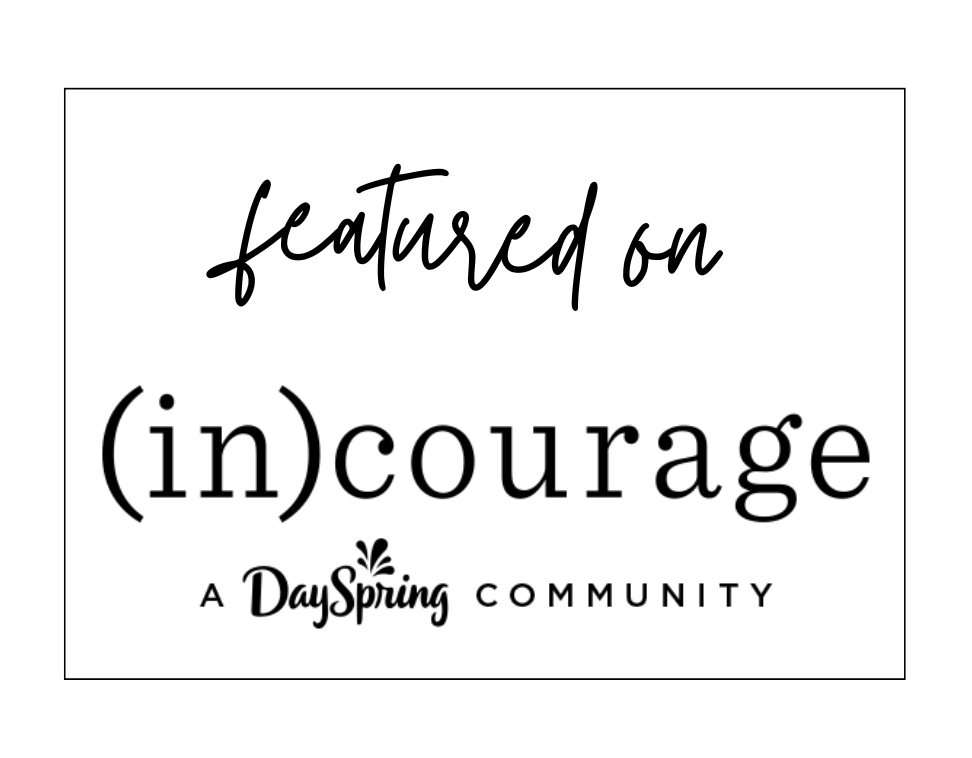Do You Need to Trim Down on Your Activities or Commitments? Here are Four Signs That it’s Time
/Photo by Craig Whitehead on Unsplash
As women desiring vibrant lives, we’re drawn to good things—family gatherings, community events, volunteering for worthy causes…But sometimes, without realizing it, our commitments can get out of hand, potentially rendering us less effective, productive and joyful than we want to be.
I was recently reminded of this by my aloe plant. My aloe, which started out over ten years ago as a tiny shoot, has flourished on my kitchen window sill. It grew so big, in fact, that it was taking over the countertop below the window.
More than once my husband suggested I prune it, but I vehemently protested.
I started to come around to his viewpoint, though, when the plant began to interfere with my kitchen’s functionality. As its long, leggy stalks prospered, there was progressively less counter space to lay my dishes to dry.
It also, I had to confess, didn’t look that great. Some of the leaves were squished from having pots or pans accidentally laid on top of them, and the stalks connecting them to the pot were dry, spindly, and unattractive.
I reluctantly admitted that it needed a trim.
It may sound silly, but this prospect saddened me. I appreciated its wild look, and I was secretly a proud of how big it had grown.
It’s often the same in our lives. Over time, our social connections, jobs, activities, and responsibilities tend to grow. Usually, the projects we commit to are “good things” and we might even have a sense of pride about how many plates we can keep spinning. It can be sad to think of letting go of things that we value and have invested in.
But even engaging in “good things” can be to our disadvantage if they impede our mission, lead to burnout or are out of season. Like my aloe, if we don’t periodically take stock of our lives and have the guts to prune things here and there, our activities can become overgrown and ultimately counterproductive.
Here are four signs that it might be time to trim back on a particular activity (relationship, social obligation, event, etc.) in your life:
It’s preventing you from moving forward in what matters most.
This can be anything that is consuming so much of your time, energy, passion, or motivation that it is preventing you from moving forward in other things that matter more. If your goal is to become a pharmacist, but, instead of studying chemistry and completing school assignments, you spend several nights a week and most weekends grooming your dog and participating in dog shows, you may need to consider whether your canine hobby is impeding your larger goal. (On the other hand, it may be time to consider whether you are better suited to a career in dog training than pharmaceuticals).It no longer fits with your current life season.
These are things we are called to for a time but we must release as our life phase shifts. During the early years of our marriage, I spent a lot of time with my husband at a youth center where he was a worship leader. Eventually, God led us to contribute to other areas of our community; my husband transitioned out of volunteering at the center and I entered my graduate degree program. Supporting the youth center was a worthy cause, but as our season changed, we spent less and less time there, gradually moving away from those activities and connections.Your enjoyment, motivation or effectiveness in a particular activity is waning.
If you used to look forward to volunteering at the local food bank, but lately you have to drag yourself there, and you’re spending more and more time dawdling in the break room than packing food sacks, it could be a sign that you are experiencing a bit of burn out. It might be a good idea to take a break, attend to other aspects of your life, and re-evaluate where the foodbank fits in your personal mission and long term goals.It looks good but doesn’t actually further your mission or enjoyment of life. These are activities, events or connections we feel we should engage in because it will “look bad” if we don’t, or we want to impress someone we admire, such as a pastor, business partner or friend. Of course, sometimes we have to do things we don’t particularly like doing—that’s part of being an adult. But if there’s an activity we do mainly out of fear of what others will think or because it makes us look good, without any substantive benefit to our mission or to our enjoyment of life, it’s worth assessing our motives and determining whether it is something we should be spending time on.
Despite a tinge of sorrow, I finally took the plunge and trimmed my aloe. Afterward, I was pleasantly surprised by how good I felt; instead of regret, I felt relief. I had my counter back, and the plant looked so much better.
I took scissors to my plants leaves because I wanted my kitchen to be efficient and functional, and I wanted my plant to be healthy and grow in the proper direction (up rather than down).
In the same way, I want my life to be streamlined, effective, and productive and to grow in the right direction. Periodically assessing and trimming our activities and commitments is one way to help that happen.
By appropriately trimming our lives, we ensure we have enough time and energy to enjoy the people and things that matter most.
Reflection:
Are there any “good things” in your life right now that might be keeping you from focusing on what is best? Do you see a way you could trim those activities?
Have you, like me, ever had a positive experience related to trimming back on something?










